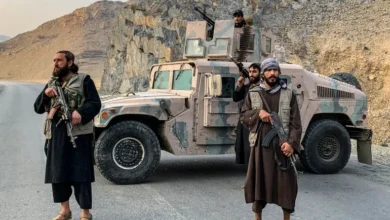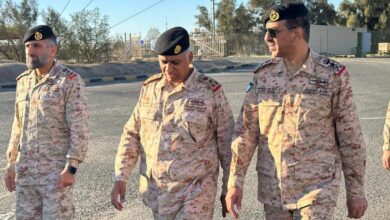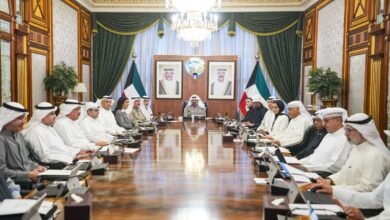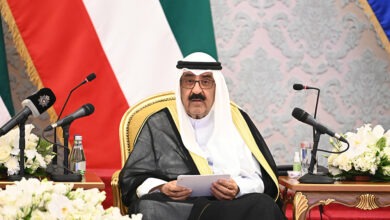Brazil minister urges nations to show ‘courage’, embrace fossil fuel phaseout roadmap at COP30
When we have a terrain or environment that is quite grim, it is good that we have a map. But the map does not force us to travel, or to climb. The map is an ethical answer -- Brazil’s Environment Minister, Marina Silva

Brazil’s Environment Minister, Marina Silva, has called on nations to demonstrate the “courage” needed to confront the climate crisis by engaging seriously with the idea of a global roadmap to phase out fossil fuels.
In her address to the COP30 summit in Belém, she described such a roadmap as an “ethical answer” rooted in scientific understanding, while stressing that any participation must remain voluntary and self-determined.
The proposal has become one of the most contentious issues at COP30, with countries sharply divided over whether and how to discuss a structured fossil fuel phaseout.
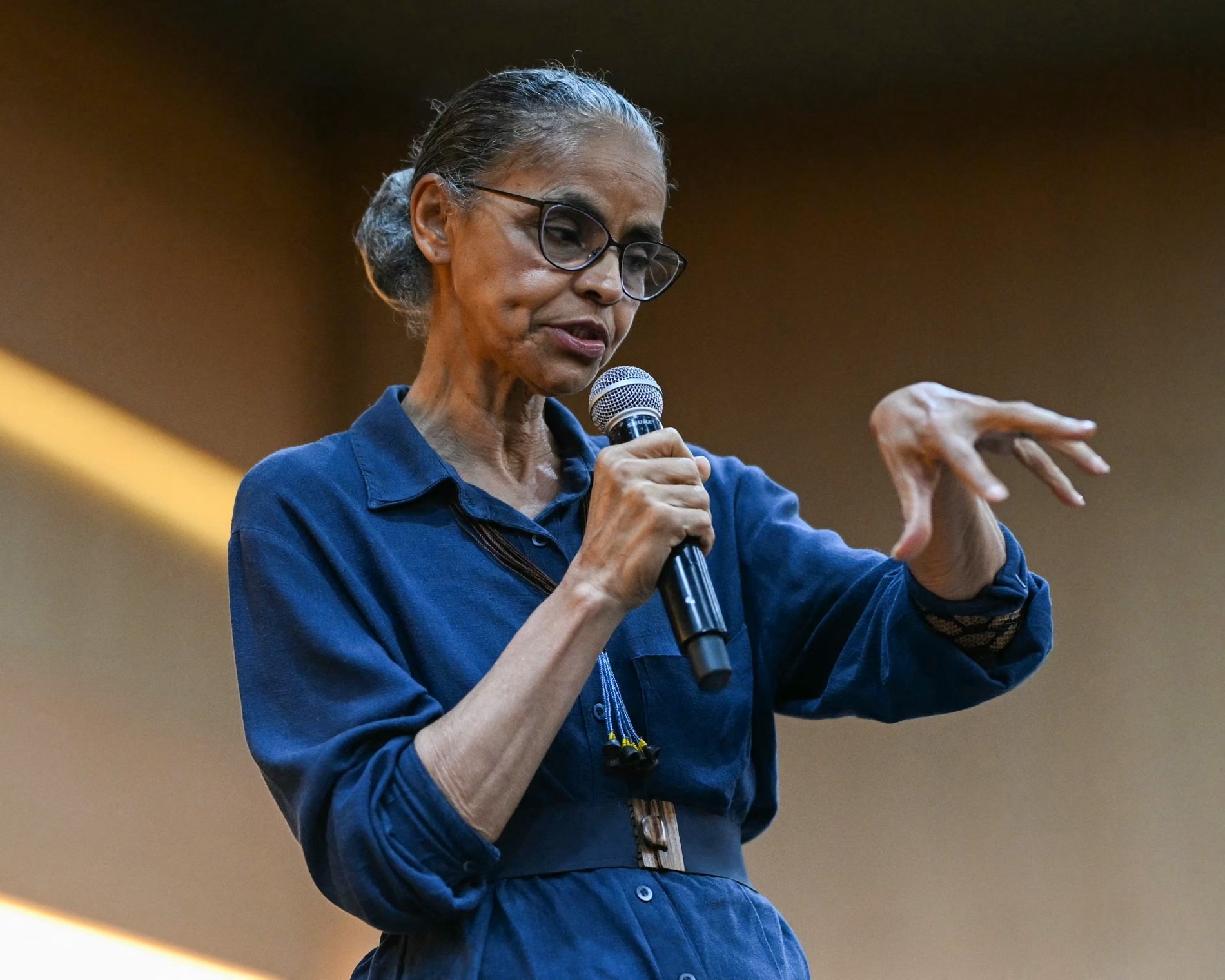
As the summit host, Brazil has remained cautious about placing the topic formally on the agenda, although Silva has hinted at broad support for open dialogue. “When we have a terrain or environment that is quite grim, it is good that we have a map,” she said. “But the map does not force us to travel, or to climb.”
In an interview, Silva emphasized that a roadmap would help translate the world’s scientific knowledge of climate change into action. “The map is an ethical answer,” she said, adding that raising the subject openly is itself a courageous act. Many countries attending COP30 are pushing to build on the landmark COP28 pledge to “transition away from fossil fuels,” which was agreed in Dubai but left without timelines or mechanisms, reports dw.com
Efforts to clarify that commitment stalled at COP29 in Azerbaijan after resistance from major oil and gas exporters, resulting in no reference to fossil fuel transition in the final text. With that backdrop, Brazil has taken a cautious approach, allowing conversations to move forward informally. Silva, however, has been instrumental in ensuring the issue is discussed on the sidelines of the summit.
She noted that Brazil’s President, Luiz Inácio Lula da Silva, has publicly raised the need to break global dependence on fossil fuels several times during the summit. “This is something that at some point had to be put forward,” the minister said. “We recognize that it is not easy, and we cannot sell false hopes. But raising the subject is courageous, and I hope to see this courage from all, from producers and consumers.”
Silva acknowledged the complexities facing different countries. Some rely heavily on fossil fuels for economic survival, while others hope to use revenues from oil and gas to fund development. “Brazil is both a producer and a consumer,” she said. “But Brazil, if it wants to, need not depend on fossil fuels. To be fair is to be fair to everyone – but the essential justice is not to be unfair to the planet, because it is our home.”
If the idea gains enough support, COP30 could establish a forum to begin outlining what a fossil fuel phaseout roadmap might look like. Silva noted that such a process could take several years and would require clear criteria, governance structures, safeguards, and trust-building measures among all 195 UNFCCC member states.
There is no certainty that the proposal will advance. Experts estimate around 60 countries may support it, while at least 40 are strongly opposed. Yet many climate specialists argue that the conversations are overdue.
“There’s no route to staying below 1.5C if countries can’t discuss fossil fuel phaseout,” said Leo Roberts of the E3G think tank. Panama’s negotiator, Juan Carlos Monterrey, added: “It’s quite stupid that we talk about everything but that when fossil fuels are the actual problem.”
As negotiations continue, COP30 President André Corrêa do Lago has urged delegations to adopt a spirit of cooperation – or “mutirão,” as it is known in Brazil. Work on key themes such as adaptation, just transition, and institutional capacity building remains in progress, with the political phase of the summit now beginning as ministers arrive to potentially shift positions and steer the talks toward a final outcome.








